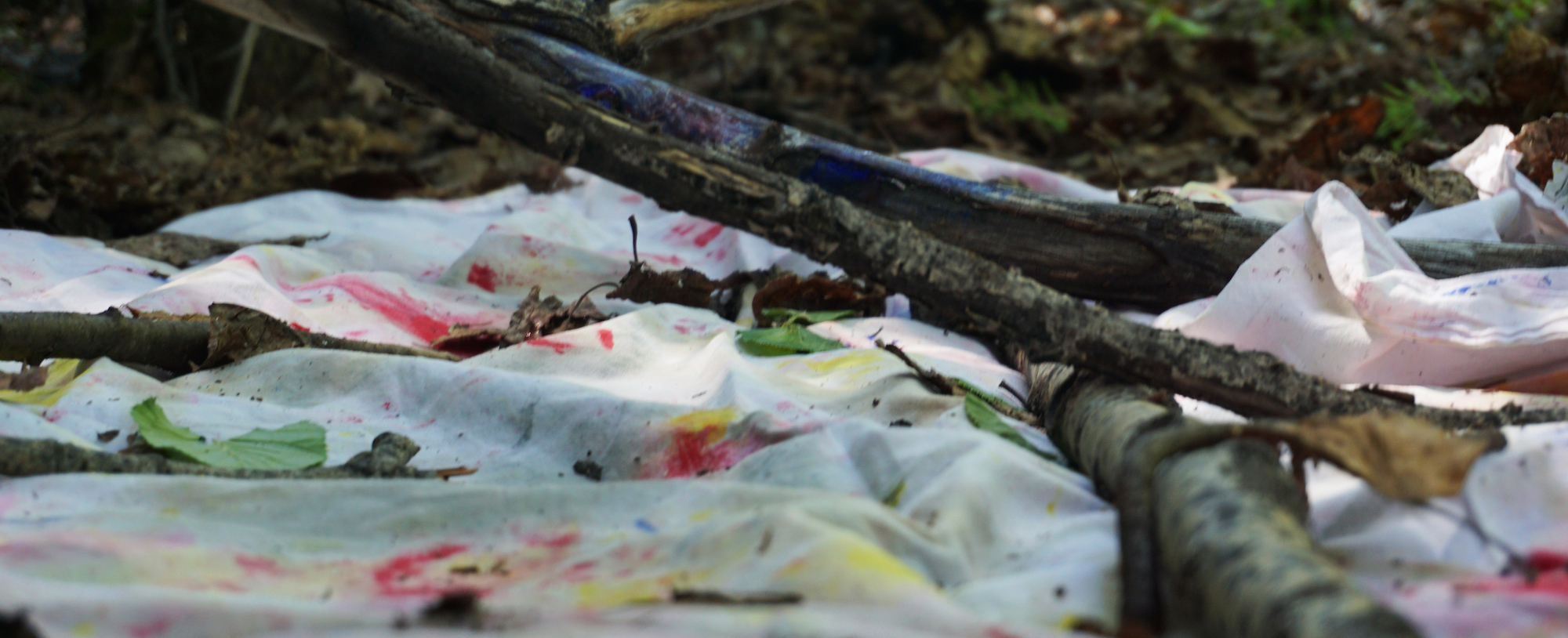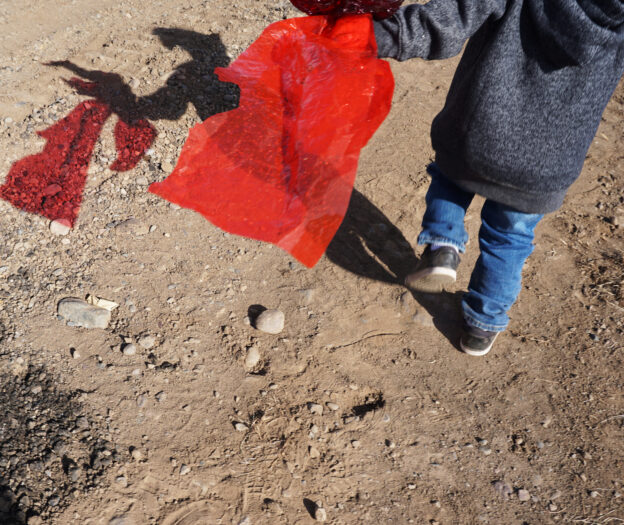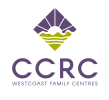
Drawing from a range of disciplines, this course invites educators to rethink waste materials in early childhood spaces.
The first three course content modules – Relationships with Materials, Common Worlding, and Materials and Waste – will provide the framework for understanding materials and waste as active participants in early childhood education. Through all four course content modules, educators will connect with others who want to rethink waste creatively.
By participating in this course, educators will also be supported to think locally and converse with their colleagues to reimagine waste flows in their context.
* PLEASE NOTE: This course is only available for educators in BC.
The Spring cohort (full) runs April 7 - June 29, 2025. The next cohort offering TBA.
A professional development certificate for 22 hours will be provided for completing this course. This requires uploading assignments for 4 Modules, attending one live Zoom session for each of the 4 Modules, and completing midpoint and course end surveys.
FAQs
This is a 12-week course that is worth 22 hours of professional development. Each course content module is 3 weeks and should take approximately 5.5 hours to complete.
Course content modules 1 -3 each involve independent work (about 4 hours) AND 1.5 hours of synchronous (live) virtual gatherings (on Zoom).
Module 4 involves independent work (about 2.5 hours) AND a 3-hour synchronous gathering.
Each 3-week module participants are provided with course content that they are expected to engage with. Course content can include:
- reading each lesson’s information
- reading a book chapter or article
- watching a video
- listening to a podcast
- exploring a website
Participants are expected to work with course content both independently (on your own time, during the specified weeks of each Module) and with their course group (during the synchronous gathering for each Module).
Participants will be expected to experiment with materials and document these experiences. To document participants might choose to photograph, video record, audio record, note take, and/or sketch their experiences.
Participants will be expected to keep a journal to write about their material encounter experiences, as well as write about their thoughts and questions about the course content.
- A profile on the EYPD Hub
- Access to a computer, tablet or smart phone and the internet
- Access to a working camera and microphone (through your computer, tablet or phone) so you can participate in the live sessions via Zoom
- A notebook that you can write your thoughts, questions and responses to the course readings and activities. You might choose to keep a digital journal instead.
- Access to a camera that you can use to take photos and upload them into the course site
As soon as you register for the course, you will be able to start on the Introduction to the course module. The first content module – Relationships with Materials – will open on your cohort’s course start date. Participants must complete all the content (lessons) and attend a live Zoom session for the module before they get access to the following module (e.g., to move onto Module 2, you must complete all the content in Module 1 and attend a live Zoom session for Module 1).
The live gatherings will be on Zoom. A link to the Zoom gatherings will be posted in your course group’s Discussion Room at the start of the course.
Assignments are typically approved within 2 business days. Assignments can be submitted at any time but will not be reviewed during the evenings, on weekends, or during holidays.
An accessibility widget is always available on the right side of your screen. Please explore this widget to find the settings that work for you.
All text throughout the training can be read with a screen reader.
Each photo and all diagrams have embedded alt-text.
All videos throughout the training include closed captions.
A language switcher is also available in the accessibility widget.
The Waste-As Materials course was created with Universal Design for Learning in mind. The information in this course is represented through many forms in hopes of accommodating all learners. You will find the materials in the form of text, audio, video, and interactive activities.
You will receive your certificate at the end of the course. You must have completed all the module activities and the course evaluation to get a certificate for the course. No partially completed course certificates will be provided.
Each cohort will have a group leader. Contact information for your group leader will be provided on the start date of the course. If you have questions before then, please email ecpn@uwo.ca.
Course Content






